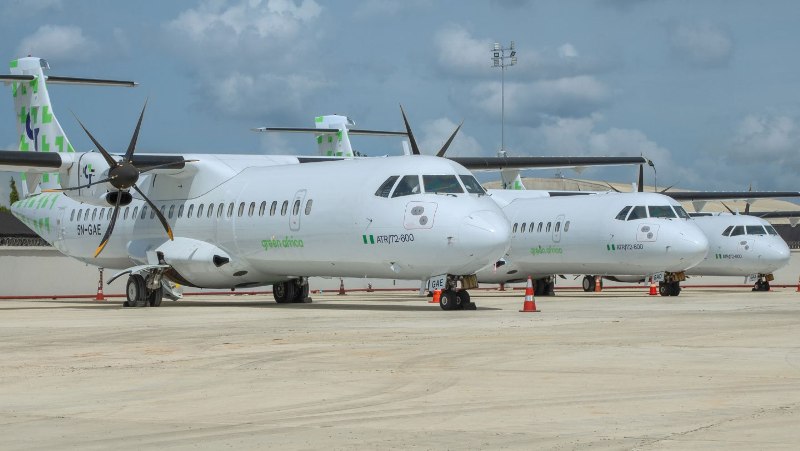Nigerian Airports Have A Viable Business Outlook, Says Bankole
The Chief Executive Officer of Finchglow Travels and Chairman of Association of Aviation Training Organizations (AATOs) in Nigeria, Mr. Bankole Bernard says the indices for arriving at the conclusion, that many airports in Nigeria are not viable airports, is wrong.
Speaking in an interview with aviation correspondents, Bankole said: “We have all been distracted with the concession of the four major airports in Nigeria that we consider to be viable, and we have neglected other airports, all in the name of the fact that they are not commercially viable. My question is: Where is the document that revealed to any of us that those airports are not commercially viable? Are we looking at passengers as the only means that makes an airport commercially viable?.”
He said “airport terminals are no longer what they used to be. As a matter of fact, in some countries, they have turned their airports into a shopping mall – local and international, where you can do and undo with a lot of things and that alone attracts passengers to ply such airport. So, if we have such a viable business outlook, why should we continue to say an airport is not commercially viable? There are quite a lot of things that we need to do and when we put those things in the right perspective, an airport becomes commercially viable. If you say it is not commercially viable, why don’t you allow those that have interest in those airports to turn them around?”
Bankole advised government to stick to its responsibility of regulating the sector and “allow the business people to handle the business aspect of things.”
“How do they handle the business aspect of it? Government can allow them to take some critical business decisions by allowing them to run the business the way it should be. I have been to some airports around the world and I will give you some instance.
Do you know that the Baltimore/Washington International (BWI) Thurgood Marshall Airport in United States as small as it is, it is an active airport? It is active because they are building more shops and renovating the place so people can enjoy the airport.
Akure airport for instance, had only one airline going there before, but now, about three airlines go there. Are you still saying the traffic is still the way it was? Let me remind you at this point that Nigerians are constantly developing the culture of flying.
Statistics reveal that the recovery of travel in Nigeria is the highest in the world. The figure is higher than the world and continent figures. But this is the same place where we have no money nor do we have a national carrier. This tells you that there is a culture. We have developed the flying culture and the number keeps increasing by the day. If the number is increasing by the day, it means it is a viable market.
They shouldn’t tell us our airports are not commercially viable. People like us that come in even have the opportunity to prove that these airports are viable. How do you make an airport viable when you only switch on the generator when you have an aircraft approaching and the moment the aircraft lands, you put off the generator again? This will not be viable because you have lost communication. So, even when people show up and they can’t get electricity, they will probably stop.
There are quite a lot of things we need to do to make our airports commercially viable as long as there is a genuine interest and we give it to those that are passionate about the industry and not give it to our friends to manage,” stated Bankole.
He further stressed the need to review the other airports apart from those marked for concession and “see how they can be turned around by private sector people that can make it commercially viable. Government policies and decisions cannot be reversed because I don’t have that power to reverse it, but I have the initiative to make them look into other things, which are the ones they consider unviable and let us make them commercially viable.”
He also emphasized the need to give more attention to training of other aviation professionals apart from pilots and engineers for airlines. He said there are not more than 20 aviation training organizations in the sector in a country with over 200 million people because “people are not aware that they could do other courses other than becoming a pilot or engineer. What happened to flight dispatch? This is one of the courses we do in our school and many more. We don’t have to put pressure on NCAT.” He said there are other professions like flight dispatcher, cabin crew and so on.






